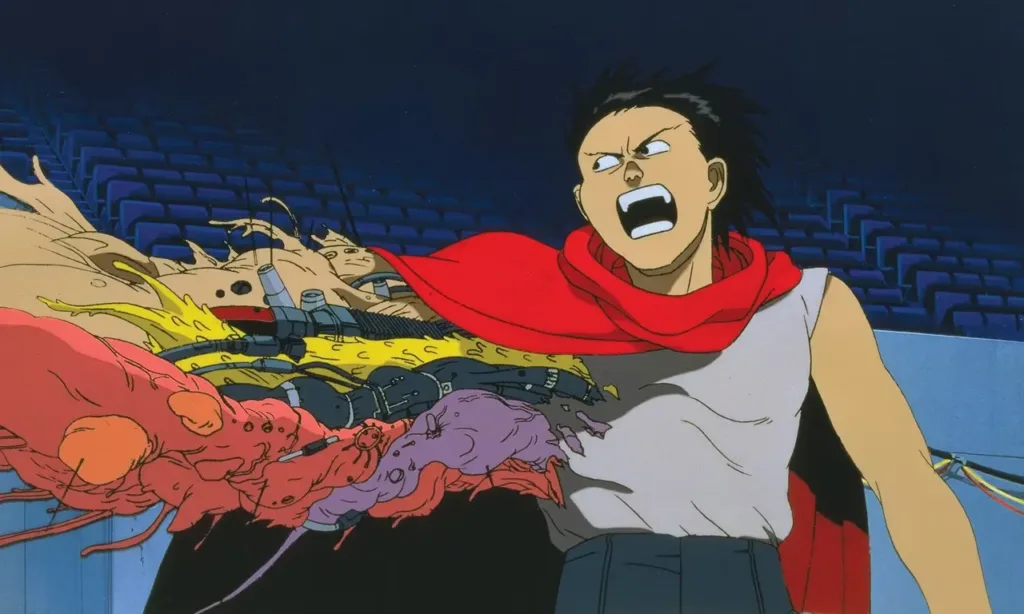Warner Bros. Discovery has surrendered the long-held screen rights to Katsuhiro Otomo’s cyber-punk classic Akira, allowing the property to revert to Japanese publisher Kodansha after 23 years of fitful development. The lapse—first reported by The Hollywood Reporter and echoed across entertainment outlets—instantly ended Taika Waititi’s stalled live-action adaptation and cleared the way for Kodansha to court fresh studio and streamer bids.
Warner Bros. bought the rights in 2002 and spent tens of millions cycling through directors including Stephen Norrington, the Hughes brothers, Jaume Collet-Serra, Jordan Peele and, most recently, Waititi, without ever rolling cameras. Attempts to “Westernise” Neo-Tokyo—at one point renamed New Manhattan—regularly drew criticism and were cited in leaked scripts for deviating sharply from Otomo’s themes.
Waititi’s version, announced in 2017 with a $150 million budget and a 2019 California shoot, was postponed when the filmmaker pivoted to Thor: Love and Thunder and other projects. By late 2023 he admitted the film sat in his “backlog,” and insiders now confirm he is no longer attached.
With the rights back in Japan, multiple producers are said to be “lining up to attach themselves” before pitches are circulated to major buyers, according to trade summaries of the THR report. Industry analysts note renewed appetite for high-profile anime after Netflix’s successful One Piece adaptation and forthcoming projects such as Gundam and Naruto.
Dark Horizons argues that Akira’s scale and cultural specificity may still deter risk-averse financiers despite the IP’s global name recognition. Toho remains silent on whether it might co-produce a domestic version akin to 2016’s live-action Shin Godzilla.
For longtime fans the news arrives amid a steady merchandising drumbeat: a 4K steelbook of the original 1988 anime hit U.S. retailers in March and is currently discounted, underscoring the title’s enduring commercial pull even as Hollywood ambitions reset once more.
